Provided below is a list of Frequently Asked Questions (FAQs) to answer the most commonly asked questions. If after viewing this page you require a more specific answer or your question is not covered, please feel free to email us for further assistance.
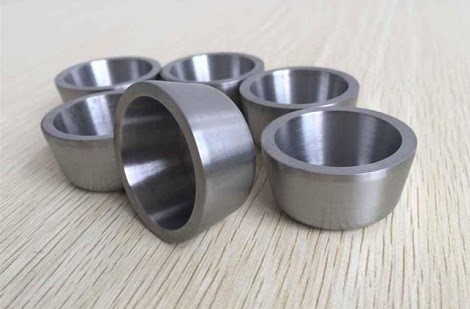
Introduction Crucibles are essential components used in laboratories or research facilities where high-temperature processes are carried out. They are used to hold and heat samples or substances to very high temperatures for analysis, purification, or other applications. Crucibles are made of various materials, including ceramics, glass, metals, and alloys, and come in different shapes and […]
Tags: Advanced Refractory Metals, Low-form Tungsten Crucible, Platinum Crucibles, tungsten crucible
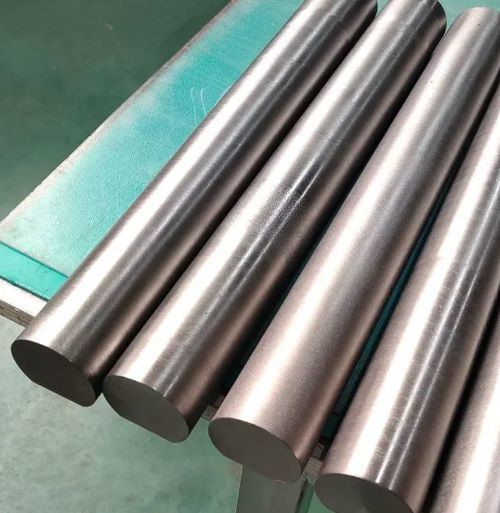
Introduction Molybdenum is a highly versatile metal that is widely used in various industries due to its excellent properties such as high melting point, good thermal conductivity, and corrosion resistance. There are a variety of molybdenum metals and alloys available in the market, including pure molybdenum and the molybdenum lanthanum alloy. In this article, we […]
Tags: molybdenum lanthanum alloy, Molybdenum Lanthanum Alloy vs Pure Molybdenum, pure molybdenum, titanium-zirconium-molybdenum (TZM) alloy
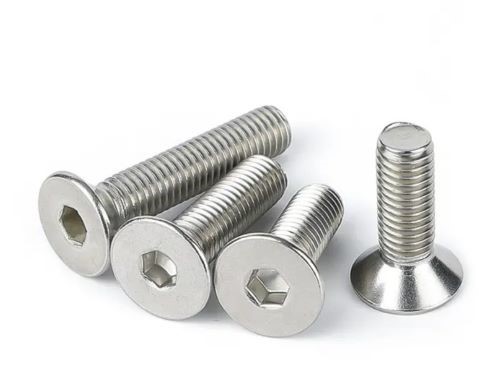
Introduction A range of metals has been utilized and explored ever since the Bronze Age. You can find metallic equipment everywhere such as daily appliances, industrial devices, and construction materials. Both titanium and stainless steel are popular materials with industrial uses. This article is going to introduce their features and applications by comparing titanium fasteners […]
Tags: aluminum, carbon, Copper, Molybdenum, Nickel, nitrogen, silicon, stainless steel fasteners, sulfur, titanium, titanium fasteners

What Is Thermal Conductivity? Thermal conductivity (denoted by k, λ, or κ) refers to a material’s ability to conduct heat at specific temperature and pressure, and it is measured in W/m•K (watts per meter-Kelvin). Highly thermally conductive materials are used to make heat sinks. Materials that transfer heat slowly act as excellent insulators. Different materials […]
Tags: aluminum, Aluminum Nitride, Copper, gold, Graphite, Highly Thermally Conductive Materials, quality metals and alloys, Silicon carbide, silver, Tungsten, Zinc
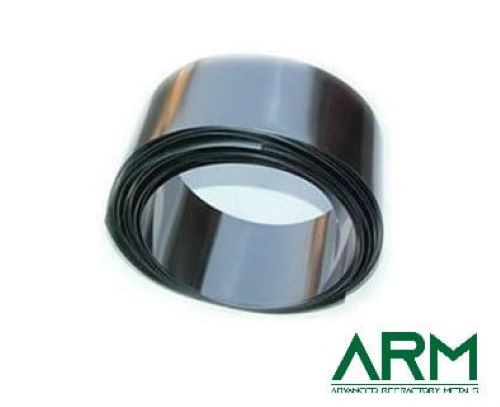
Introduction Tantalum has been a buzzword recently. Pure tantalum and tantalum tungsten alloy are widely used in a broad range of fields including chemical reactions, medical surgeries, and aerospace. Both of them are refractory metal materials with perfect properties, so it may be quite difficult to make your choice between them. This article is going […]
Tags: pure tantalum, Tantalum Applications, Tantalum Tungsten Alloy, Tantalum Tungsten Alloy Applications, Tungsten the Element, Types of Tantalum Tungsten Alloy, What is Tantalum, What is Tantalum Tungsten Alloy
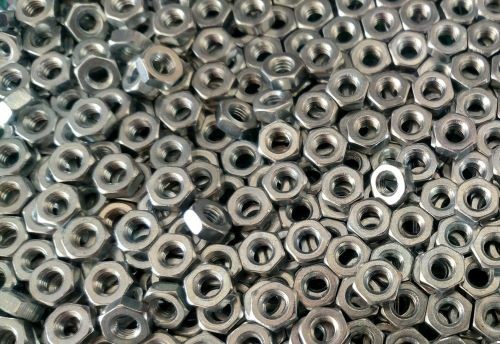
1. Introduction to Alloys An alloy is a blend of 2 or more chemical elements, one of which is supposed to be metal. Different substances of controlled amount are added to a metal to form alloys with desirable properties. Examples of alloys like stainless steel, bronze, and brass are applied to various fields including construction, […]
Tags: Introduction to Alloys, Melting Point Diagrams of An Compound, Melting Points of Alloys, The Melting Point and Melting Range, The Melting Point of An Alloy Is Lower
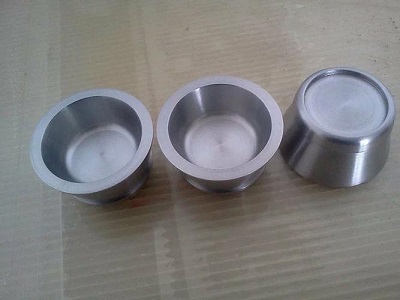
The use of crucibles can be traced back several years before the industrial revolution. And today, it is an essential item used either in laboratories for conducting high-temperature chemical reactions and analyses or in large manufacturing plants for melting and calcining metal and ore; they may be made of clay, graphite, porcelain, or a relatively […]
Tags: Ceramic crucible, Clay graphite crucible, different types of crucibles, Examples of crucible, molybdenum crucible, Silicon-carbide crucible, Stainless steel crucibles, Steel crucible, tungsten crucible, What are crucibles used for, What is a crucible, What Material is a Crucible Made of
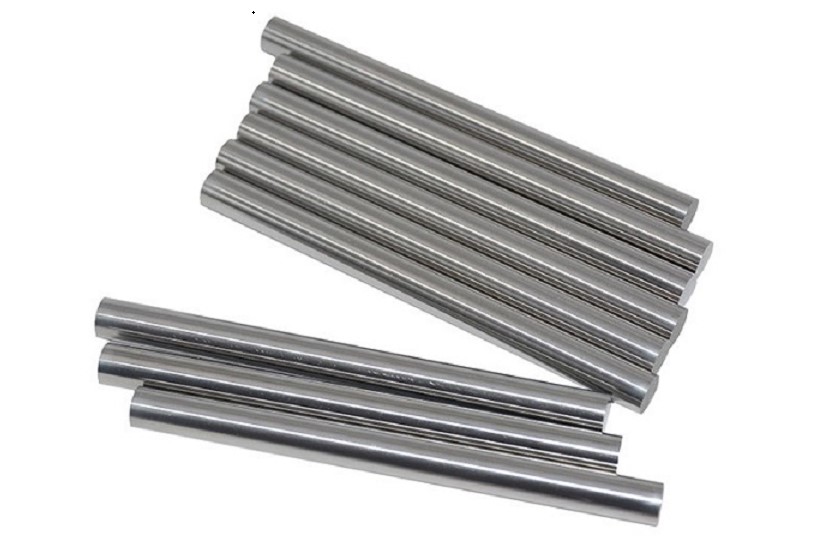
The Difference between Tungsten Silver Alloy and Tungsten Copper Alloy Tungsten silver alloy and tungsten copper alloy are both tungsten-based alloys, both of which can be used in aerospace, aviation, electronics, military, defense, and other fields. However, due to their different doping elements, there is a big difference in performance between the two. So in this […]
Tags: Advanced Refractory Metals, ARM, refractory alloys, Refractory Metals, Tungsten alloys, Tungsten Copper Alloy, Tungsten Powder, tungsten silver alloy, tungsten-based alloys
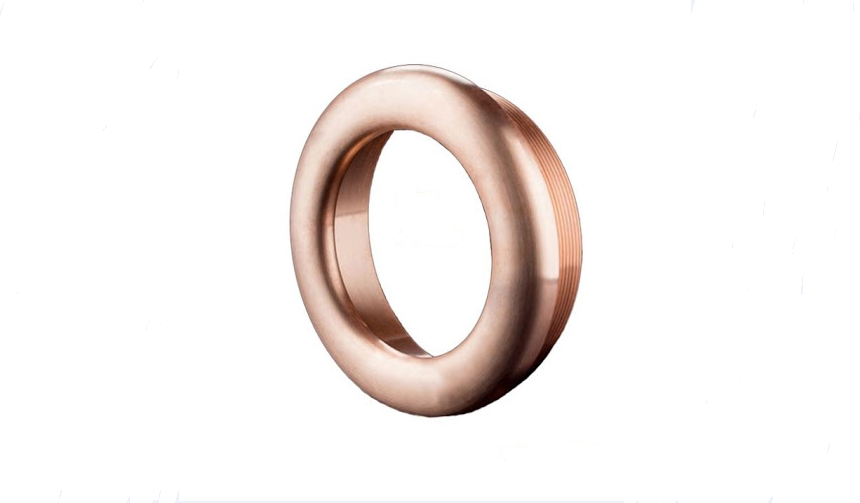
Tungsten Copper Alloy vs Tungsten Nickel Iron Alloy Tungsten-copper alloy, like tungsten-nickel-iron alloy, is a high-density tungsten alloy. But tungsten copper alloy vs tungsten nickel iron alloy, what’s the difference between them? If you looking for the answer to this question, then you’ve come to the right place. In this article, we will take a […]
Tags: Advanced Refractory Metals, ARM, powder metallurgy, refractory alloys, Refractory Metals, Tungsten alloys, Tungsten Copper, Tungsten Copper Alloy, Tungsten Nickel Iron Alloy, W-Cu alloy
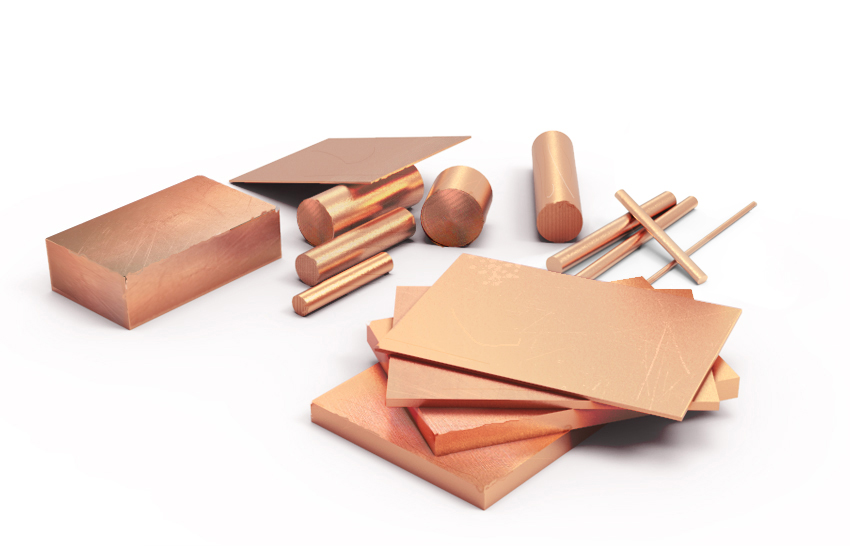
How to Improve the Performance of Tungsten Copper Alloy? Tungsten-copper alloy is an alloy composed of tungsten and copper. Commonly used tungsten copper alloys contain 10% to 50% copper. The alloy can be prepared by powder metallurgy and has good electrical and thermal conductivity, good high-temperature strength, and certain plasticity. In this article, we will introduce how to improve […]
Tags: Advanced Refractory Metals, ARM, Copper, Performance of Tungsten Copper Alloy, powder metallurgy, refractory alloys, Refractory Metals, Tungsten, Tungsten alloys, Tungsten Copper Alloys
Copyright © 1994-2024 Advanced Refractory Metals owned by Oceania International LLC, All Rights Reserved.